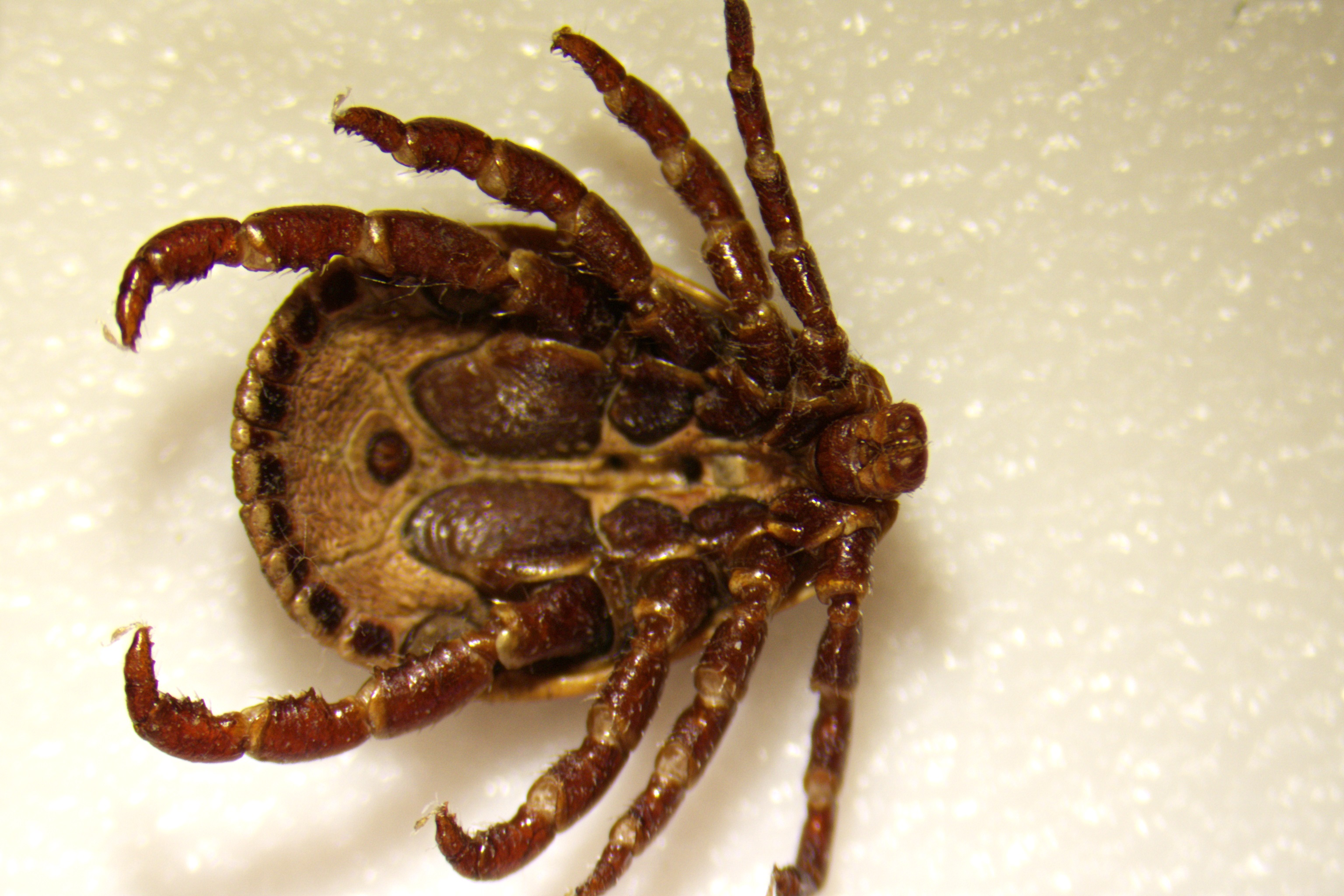In June 2024, IDAlert celebrates two years of the project. This initiative was born to tackle the emergence and transmission of climate-sensitive infectious diseases, aiming to improve Europe’s resilience to health threats through evidence-based decision-making. Looking back at our journey, we acknowledge that dedication and effort have led to significant strides forward. Let’s take a quick look at the major developments we’ve made so far.
Collaboration with stakeholders to develop effective tools
IDAlert develops indicators, predictive models, and early warning systems for decision-makers and health professionals. For future users to adopt these tools, the information provided must be relevant and understandable. To this end, involving these users throughout the development process is key.
To facilitate this, we organized a workshop with potential future users of the tools in March 2023, at the Barcelona Supercomputing Center, with the objective to assess their needs. Following the workshop, we conducted interviews at different stages of the tools’ development to adjust them to better meet the requirements of future users.
Improved indicators for a comprehensive assessment of climate impacts on health
With these established foundations in place, IDAlert has improved existing climate-sensitive health indicators for the European context, building on global efforts such as those of the Lancet Countdown report. This includes indicators for vector-borne infectious diseases such as dengue, malaria, and Vibrio. Additionally, we introduced new indicators for drought, West Nile virus, tick-borne encephalitis and leishmaniasis, which have been published in the Lancet Countdown in Europe 2024 report.
In addition, IDAlert is addressing complex social interactions by incorporating aspects of inequality into regional and local indicators, identifying vulnerable subpopulations. We are also assessing climate policies to understand their impact on infectious diseases, paving the way for indicators to capture these impacts effectively.
Enhancing early response with innovative surveillance methods
In the framework of IDAlert, we have developed a prototype early warning platform with seasonal indicators and scenario-based projections with the aim to protect Europe from zoonotic disease threats. This information, which is useful for calculating trends and providing early warnings to the population, is currently being tested with end users to ensure its usability and saliency.
To enhance early response capabilities to vector-borne diseases, the project employs innovative surveillance methods (e.g. citizen science) to facilitate rapid detection of the risk of emerging infectious diseases sensitive to climate change. Notably, these methods have already been integrated into public health and vector control strategies in Spain and Greece, leading to crucial findings such as an observation of sustained mosquito activity during winter in Greece for the first time.
IDAlert makes use of citizen science tools, such as Mosquito Alert and Rapportera Fästing, that allow citizens to get involved in the collection of data on the presence of species vectors of infectious diseases through their smartphones. The project partner Irideon also developed a cutting-edge optical sensor integrated into a standard mosquito suction trap that allows for automated remote monitoring with unprecedented precision, addressing the limitations of traditional surveillance methods. Additionally, digital surveys on vector exposure have provided valuable data on preventive measures and mobility behaviors of citizens, improving our understanding of the socioeconomic factors involved in the emergence and transmission of diseases.
Evaluation of local strategies for the reduction of diseases transmitted by vectors
IDAlert has established nine case studies (hotspots) of urban interventions to validate the tools and methods developed in the project. These hotspot sites are located in Spain, the Netherlands, Greece, Germany, Sweden, and Bangladesh, in areas where rapid urban transformation and climate-induced disease threats are prevalent. To this date, we have already evaluated the impact of an urban design intervention study for mosquito control in Barcelona (Spain) and Athens (Greece).
In some of these hotspots (Sweden, Spain and Bangladesh) the project explores the complex relationship between mosquito-borne diseases and social factors such as inequality and poverty. The effects of various climate adaptation measures related to urbanisation and water management, which may include both intended and unintended consequences, are also under investigation.
Empowering stakeholders and future research leaders
To educate key stakeholders on the health impacts of climate change and support the adaptation of health systems, IDAlert develops comprehensive training materials and guidelines. A qualitative survey was conducted to identify knowledge gaps and training needs to inform the design of future training programs.
Additionally, to advance the training of young scientists, IDAlert organized an international summer school at the University of Heidelberg focused on “Nature-based Solutions for tackling global health challenges.” This year, a new International Summer School will be held in Rotterdam in August, centered on “One Health approaches to study climate sensitive infectious diseases”.
IDAlert's impact beyond the project
IDAlert has made significant steps in advancing climate resilience to emerging infectious diseases beyond the project’s scope. Our contribution includes input to the Lancet Countdown 2023 report and the Lancet Countdown in Europe 2022 and 2024 reports, through the provision of indicators to the EEA climate and health database. Additionally, IDAlert partners led the development of the Human Health Factsheet and the Infectious Diseases Storyline for the European Union Climate Risk Assessment. These efforts will expand the global knowledge on climate change impacts on health and will contribute to shaping climate and health-related policies in Europe.



